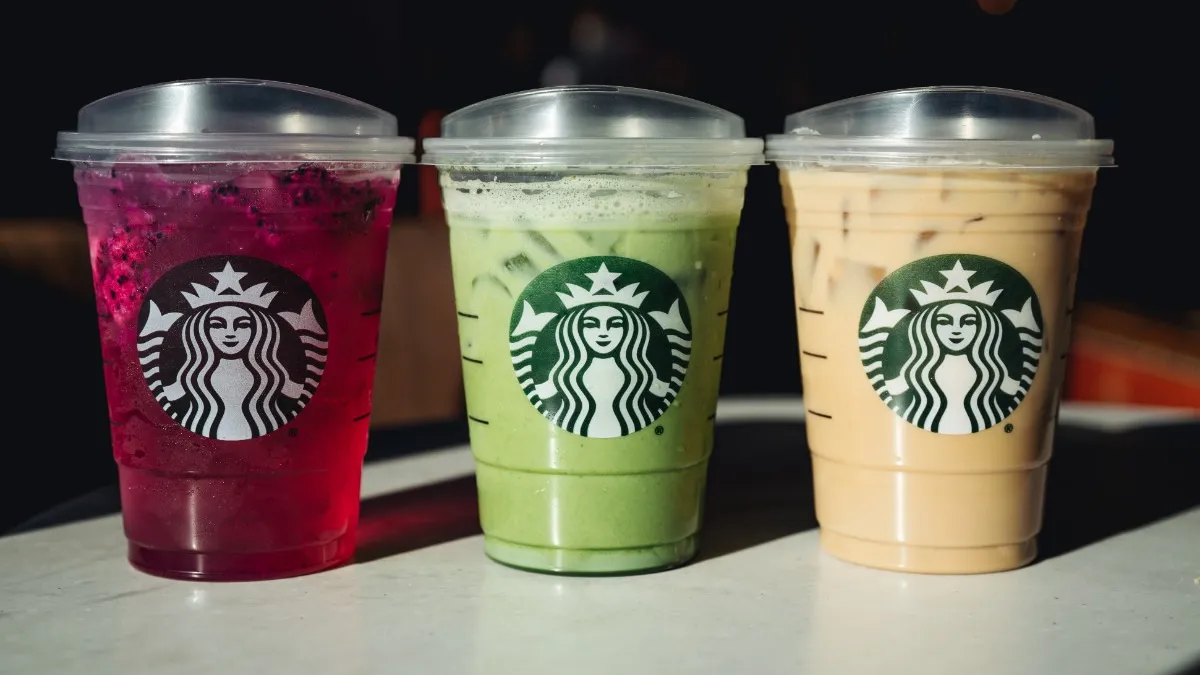Dive Brief:
- Starbucks is applying Microsoft Azure's reinforcement learning technology, a type of machine learning that uses feedback to "make decisions in complex, unpredictable environment," for Starbucks mobile app customers, according to a company announcement.
- Azure's reinforcement learning gives customers order suggestions based on inventory at locations near them, weather, time, past orders and historical preferences like dairy-free alternatives. Eventually, the company wants to apply the technology in drive-thrus.
- The coffee chain is also using internet-connected microcontroller Azure Sphere to create an external device called a guardian module. The device connects to Starbucks' internet-connected equipment, like coffee machines, grinders and blenders, to securely aggregate data and enable proactive maintenance.
Dive Insight:
Technology has become a new type of Starbucks barista, and to stay ahead of competition the coffee company is leaning on leading technology vendors like Microsoft to make process improvements.
Historically Starbucks delivered thumb drives to stores with recipes, the guardian module will allow the company to send new recipes directly to machines.
Starbucks' push for a more technical drive-thru experience comes on the heels of McDonald's acquisition of a decision logic company to generate similar types of food and beverage recommendations on its drive-thru menus.
The developments with Microsoft are part of the coffee chain's five-year technology strategy which includes investigating disruptive technology trends and developing proprietary technologies, according to EVP and CTO Gerri Martin-Flickinger.
Last year Starbucks announced plans to pilot a blockchain program for its supply chain productivity and ethical sourcing. At the time, the company hadn't disclosed which vendor would provide the technology, though it was at the same time IBM announced its "crypto-anchors" plans for augmenting blockchain tech.
Starbucks is using Azure Blockchain Service to fulfill last year's transparency "bean to cup" promise. Those in its supply chain can track each stage of the coffee bean in a "shared, immutable ledger." Eventually Starbucks wants to extend digital traceability capabilities to customers.
One of the in-house developed solutions is the Starbucks Production Controller (SPC), used for "intelligent food and beverage sequencing." The SPC solution allows production of an order to occur more "holistically" as it can register when the oven is ready for food but the coffee machine is not.













